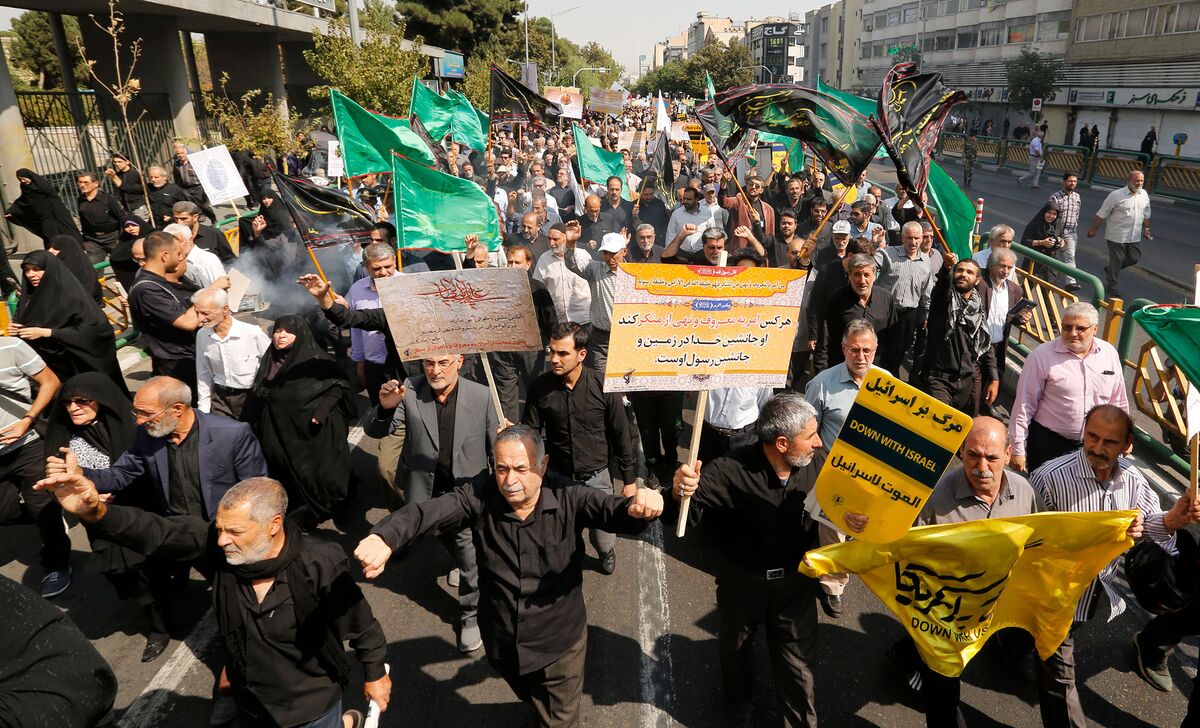
Iran’s foreign minister said the country is willing to formally accept a tougher nuclear inspection regime in six years, while continuing to rule out any renegotiation of a 2015 agreement U. President Donald Trump has called an “embarrassment” and “the worst deal ever.”
“If Congress behaves, in 6 years from now, we will be ratifying the Additional Protocol, the most intrusive inspection regime that is available,” Mohammad Javad Zarif said Wednesday in an interview with Charlie Rose at the Asia Society in New York. “We will become a party to the Additional Protocol, provided the U. takes care of its responsibilities.”
Zarif was referring to a broader and more intrusive, but voluntary, inspection regime of nuclear facilities established by the International Atomic Energy Agency. Iran previously signed, but never ratified, the Additional Protocol, and while it was included as part of the 2015 nuclear accord, Iran’s government had not set a timeline for when it would be ratified.
Zarif’s comments in New York came less than three weeks before Trump has to decide whether to “certify” Iran’s compliance with the nuclear accord, a measure required under U. law every 90 days. While Trump twice previously signed off on a statement of compliance, he’s signaled he won’t do so when required to issue his decision Oct.
The notification to Congress, even if Trump declines to certify Iran’s compliance, doesn’t necessarily mean the U. is abandoning the accord. The Trump administration has found itself largely isolated in seeking to revise the nuclear deal, even by close European allies. The IAEA has consistently said Iran is complying with the agreement, which the Trump administration considers flawed because it doesn’t address broader issues including Tehran’s ballistic missile program and support for Syrian President Bashar al-Assad, among other activities.
One proposal weighed by the U. has been to seek the elimination of sunset provisions in the agreement which, starting in 2025, ease restrictions on Iran’s enrichment of uranium. But beyond the U. and Israel, there appears to be little support for reopening the agreement, which lifted a range of tough economic sanctions imposed on Iran during the Obama administration in exchange for ending the Islamic Republic’s nuclear weapons program.
“It took us two years of serious negotiations to reach this deal and 10 years of posturing on all sides,” Zarif said. “We are now back at posturing. ”
“The nuclear deal is done,” Zarif added. has to make a strategic decision. We will make an appropriate decision based on the circumstances.”
Touching on other issues, Zarif said the lack of communication between Washington and Tehran means there haven’t been negotiations to seek the release of several Americans detained in Iran.
“We have not been engaged with U. administration over prisoner exchanges," Zarif said. “We’ve had no opportunity to engage.


0 comments:
Post a Comment